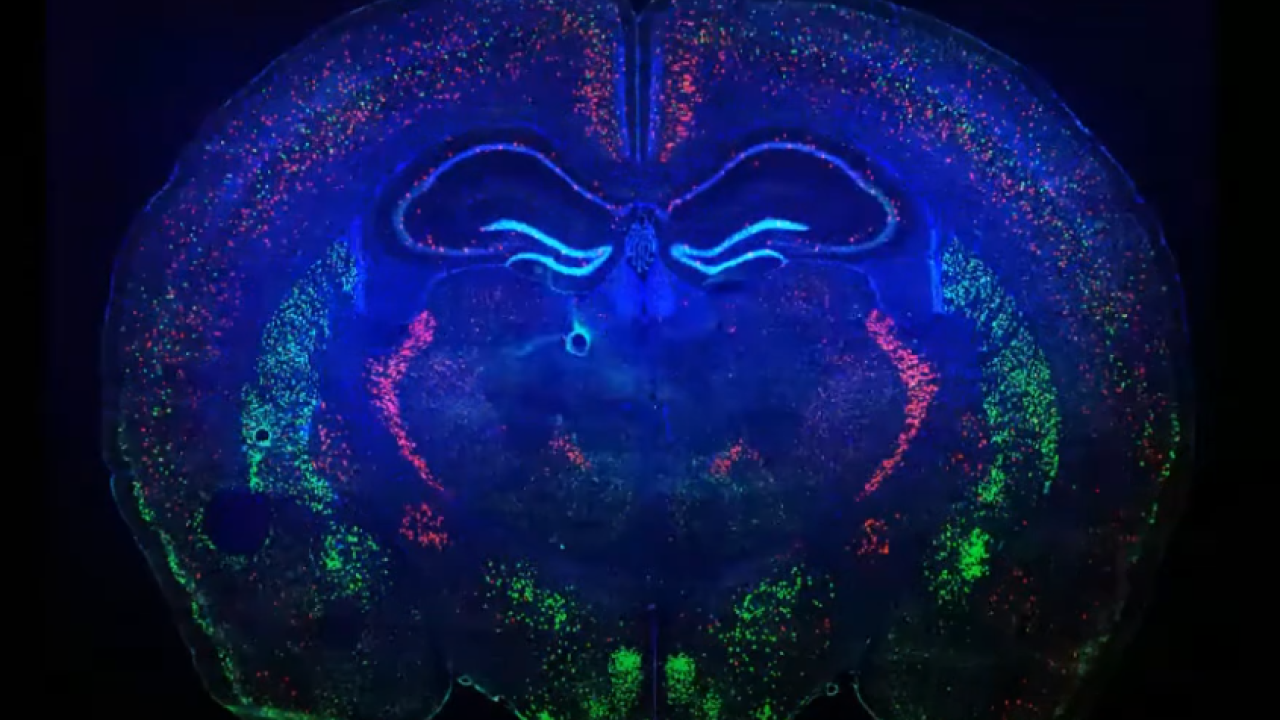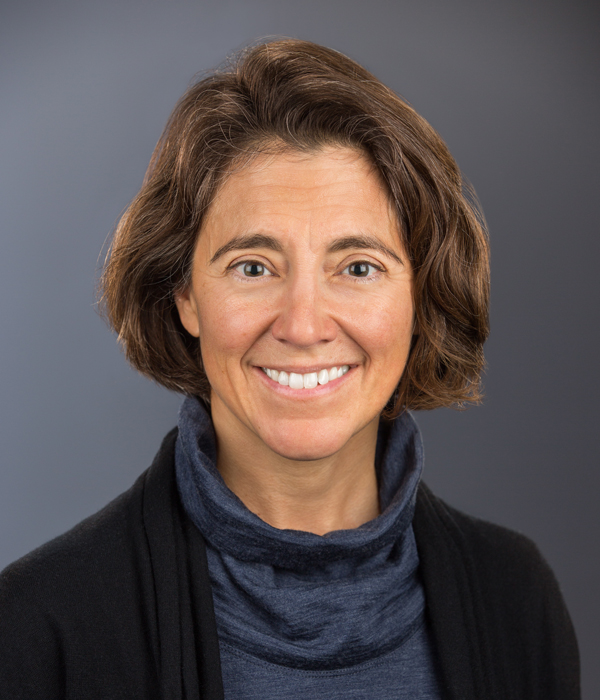
Event Date

Keynote: Dr. Elva Diaz, PhD
Professor, Department of Pharmacology
Chair, Neuroscience Graduate Program
University of California, Davis, School of Medicine
About the Speaker
Dr. Elva Diaz is a professor and scientist. She leads a research program focused on understanding how synaptic connections between neurons in our brain are formed and how they are impacted by diseases such as Alzheimer’s. She is motivated by the scientific discovery process, and she aims to inspire life-long learning for undergraduate, graduate, and medical students. As a native Californian born to parents originally from Mexico, she has developed a strong appreciation and respect for the benefits and advantages of a diverse population while recognizing at the same time the barriers that exist for some individuals. She advocates for an equitable and inclusive environment by broadening access to neuroscience research.
Presentation
"How to change your mind: Broadening access to Neuroscience by understanding mechanisms of Brain function in Learning and Memory"
A key neural mechanism of learning and memory is activity-dependent changes in AMPA-type glutamate receptor (AMPAR) levels at synapses, the fundamental communication units between neurons. Changes in synaptic AMPAR content are driven by long-term potentiation (LTP) and depression (LTD) of synaptic strength. Increases in synaptic strength are mediated by the recruitment of GluA1-containing AMPARs from nearby reserve pools and stabilization at synapses. Previously, we identified the SynDIG (Synapse Differentiation Induced Gene) family of four genes (SynDIG1-4) encoding brain-specific transmembrane proteins associated with AMPARs. In this lecture, I will discuss how SynDIG4 maintains the reserve pools of GluA1-containing AMPARs targeted to synapses during LTP and required for higher-order cognitive functions such as learning and memory.
Event Information
Organized by GGIP-DEIC. Free and open to the public. No reservations are needed. Seating is available on a first-come, first-served basis. The presentation is intended for both professionals and community members.
